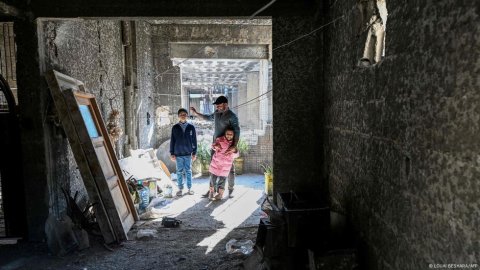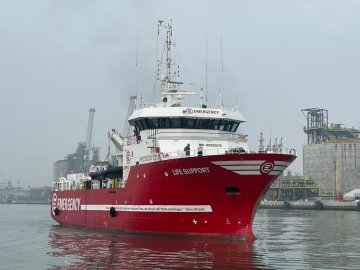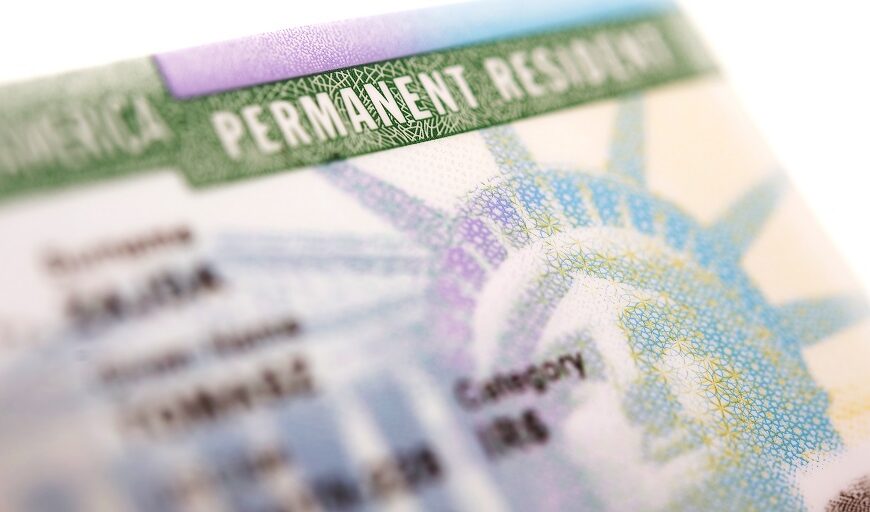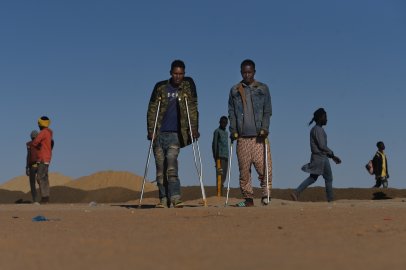Introduction
The plight of Afghan refugees in Pakistan has become a significant humanitarian concern in recent years. With the political landscape in Afghanistan shifting dramatically, countless individuals have found themselves in precarious situations, facing the harsh reality of forced returns. This article delves into the struggles faced by Afghans in Pakistan, exploring the implications of their displacement and the challenges they encounter upon returning to their homeland.
The Context of Afghan Refugees in Pakistan
Pakistan has been home to millions of Afghan refugees for over four decades, primarily due to ongoing conflicts in Afghanistan. However, the socio-political climate has become more hostile, leading to a growing pressure on Afghan refugees to return.
The Historical Background
– **Migration Waves**: The first significant wave of Afghan refugees entered Pakistan during the Soviet invasion in the 1980s. Since then, various conflicts, including the rise of the Taliban and the recent U.S. withdrawal from Afghanistan, have prompted further influxes.
– **Current Demographics**: As of now, there are approximately 1.4 million registered Afghan refugees in Pakistan, with many more living there without documentation.
Recent Developments
After the Taliban regained control in August 2021, the situation for Afghan refugees became even more precarious. The Pakistani government announced that it would not extend the stay of Afghan refugees past a certain deadline, intensifying the pressure for them to return to Afghanistan.
The Struggles of Forced Returns
The forced return of Afghan refugees is fraught with numerous challenges. Those who are repatriated often face dire circumstances upon their return.
Safety and Security Concerns
Upon returning to Afghanistan, many refugees find themselves in a dangerous environment. The Taliban’s resurgence has led to:
– **Increased Violence**: Reports of violence against former government officials, activists, and those who worked with foreign organizations are rampant.
– **Fear of Persecution**: Many Afghans fear for their safety due to their past affiliations, making their return not only unwanted but also life-threatening.
Economic Hardships
The economic landscape in Afghanistan has drastically deteriorated since the Taliban’s takeover. Returnees are often met with:
– **Limited Job Opportunities**: The job market is saturated, and many returnees find it challenging to secure employment, leading to increased poverty.
– **Lack of Basic Services**: Access to healthcare, education, and other essential services is severely limited, compounding the challenges faced by returnees.
Life in Limbo: Conditions in Pakistan
The conditions faced by Afghan refugees in Pakistan are equally challenging. Many live in a state of uncertainty and fear of deportation.
Legal and Social Challenges
– **Lack of Documentation**: Many Afghan refugees lack legal status, making them vulnerable to detention and deportation by authorities.
– **Discrimination**: Afghan refugees often face social stigma and discrimination from local communities, which can lead to isolation and marginalization.
Psychological Impact
The uncertainty surrounding their status has significant psychological ramifications. Many refugees experience:
– **Mental Health Issues**: Anxiety, depression, and trauma are common among those living in limbo, as they grapple with the fear of forced return and the memories of conflict.
– **Loss of Identity**: The inability to establish roots in either country often leads to a profound sense of loss and identity crisis.
The Role of the International Community
The international community has a crucial role in addressing the plight of Afghan refugees.
Humanitarian Assistance
– **Providing Aid**: Organizations are working to deliver essential services and support to Afghan refugees in Pakistan, including food, shelter, and medical care.
– **Advocating for Rights**: There is a pressing need for advocacy to protect the rights of Afghan refugees and ensure they are treated humanely.
Resettlement Programs
– **Opportunities for Resettlement**: Some countries have initiated resettlement programs for vulnerable Afghan refugees, providing them with a chance for a new beginning.
– **Long-term Solutions**: The international community must seek long-term solutions that address the root causes of displacement and support sustainable development in Afghanistan.
Conclusion
The situation for Afghans in Pakistan is dire, with many facing the dual challenges of forced returns and displacement. As conditions continue to evolve, it is imperative for the international community to step in and provide necessary support. Addressing the humanitarian needs of Afghan refugees and working towards lasting solutions is essential for fostering stability in the region and ensuring the safety and dignity of those affected. The journey of Afghans in search of a place to call home continues, and it is a collective responsibility to help them navigate through these turbulent times.






